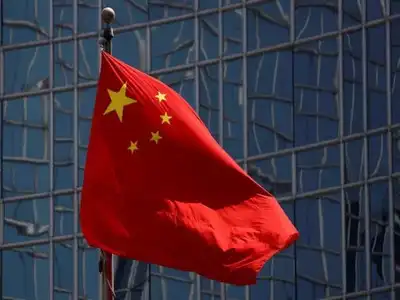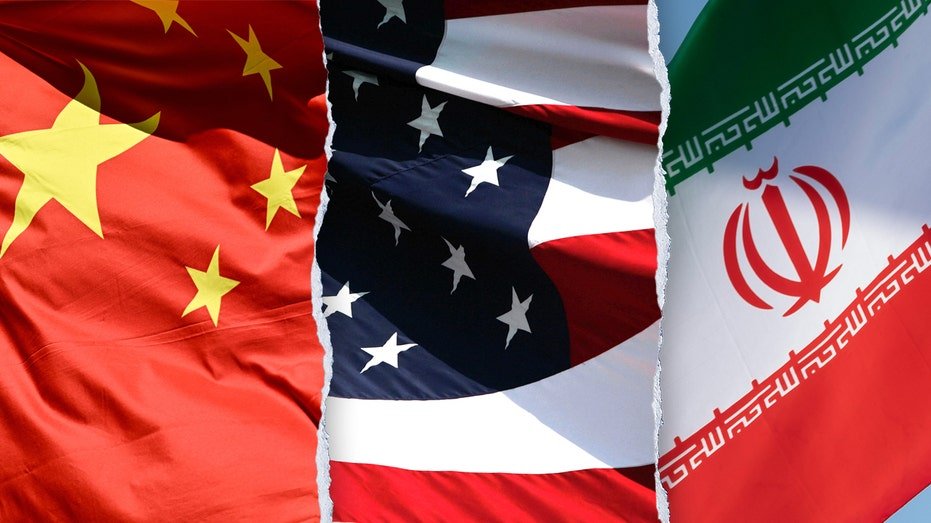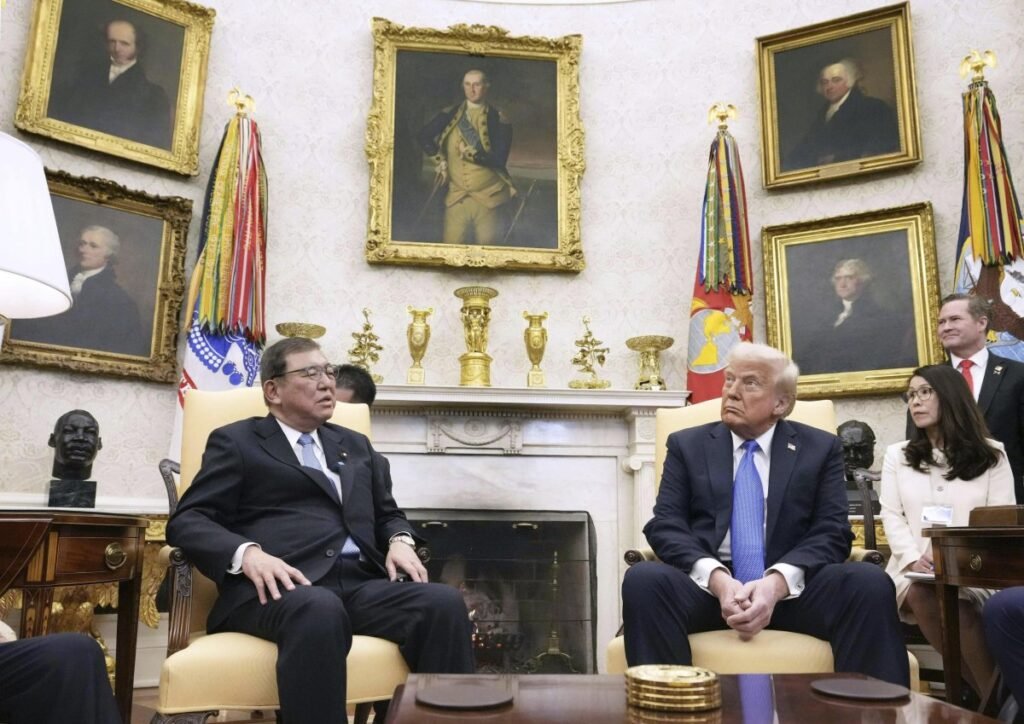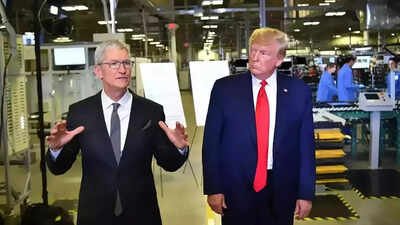
Taiwan has blacklisted China’s Huawei Technologies Co. and Semiconductor Manufacturing International Corp. According to a report in Bloomberg, Taiwan’s International Trade Administration has included Huawei, SMIC and several of their subsidiaries in an update of its so-called strategic high-tech commodities entity list, according to the latest version that was made available on its website on Saturday, June 14. This is said to deal a serious blow to the two companies spearheading China’s efforts to develop cutting-edge AI chip technologies. The change, which was not publicly announced, requires Taiwanese companies to obtain government approval before exporting to listed entities.
When America designated Huawei as ‘National Security Threat’
Both the companies are also banned by the United States of America (USA). In June 2020 the America’s Federal Communications Commission (FCC) designated two Chinese companies — Huawei Technologies Company (Huawei) and ZTE Corporation (ZTE), as well as their parents, affiliates, and subsidiaries — as covered companies for purposes of the agency’s November 2019 ban on the use of universal service support to purchase equipment or services from companies posing a national security threat. America has also placed SMIC and some of its subsidiaries on the US entity list, which has significantly limited the companies’ ability to acquire foreign technology.Citing Taiwan’s regulations, the report noted that the new restrictions could significantly limit Huawei and SMIC’s access to Taiwan’s plant construction technologies, materials, and equipment critical for producing AI semiconductors, such as those manufactured by Taiwan Semiconductor Manufacturing Co. (TSMC) for companies like Nvidia. The updated list also includes Huawei’s units in Japan, Russia, and Germany.In 2023, Bloomberg News reported that several Taiwanese firms were assisting Huawei in developing a covert network of chip plants in southern China. This latest move by Taipei may disrupt those efforts, further constraining the Chinese companies’ semiconductor ambitions.The report highlighted that Taiwan had previously imposed blanket bans on exporting chipmaking equipment, such as lithography machines, to China but had not targeted specific Chinese tech firms on its entity list until now. TSMC, a key supplier for Apple and Nvidia, halted supplies to Huawei in 2020 due to U.S. export controls.Huawei and SMIC made headlines in 2023 by unveiling a 7-nanometer chip made in China, surprising U.S. policymakers. Despite global restrictions, the companies remain China’s best hope for bridging the AI chip gap left by limited access to Nvidia’s advanced semiconductors. The restrictions come amid escalating tensions, with Taiwan President Lai Ching-te earlier this year labeling China a “foreign hostile force” and introducing measures to counter infiltration, Bloomberg reported. China, which claims Taiwan as its territory and has threatened unification by force, has not yet responded to the new measures.







